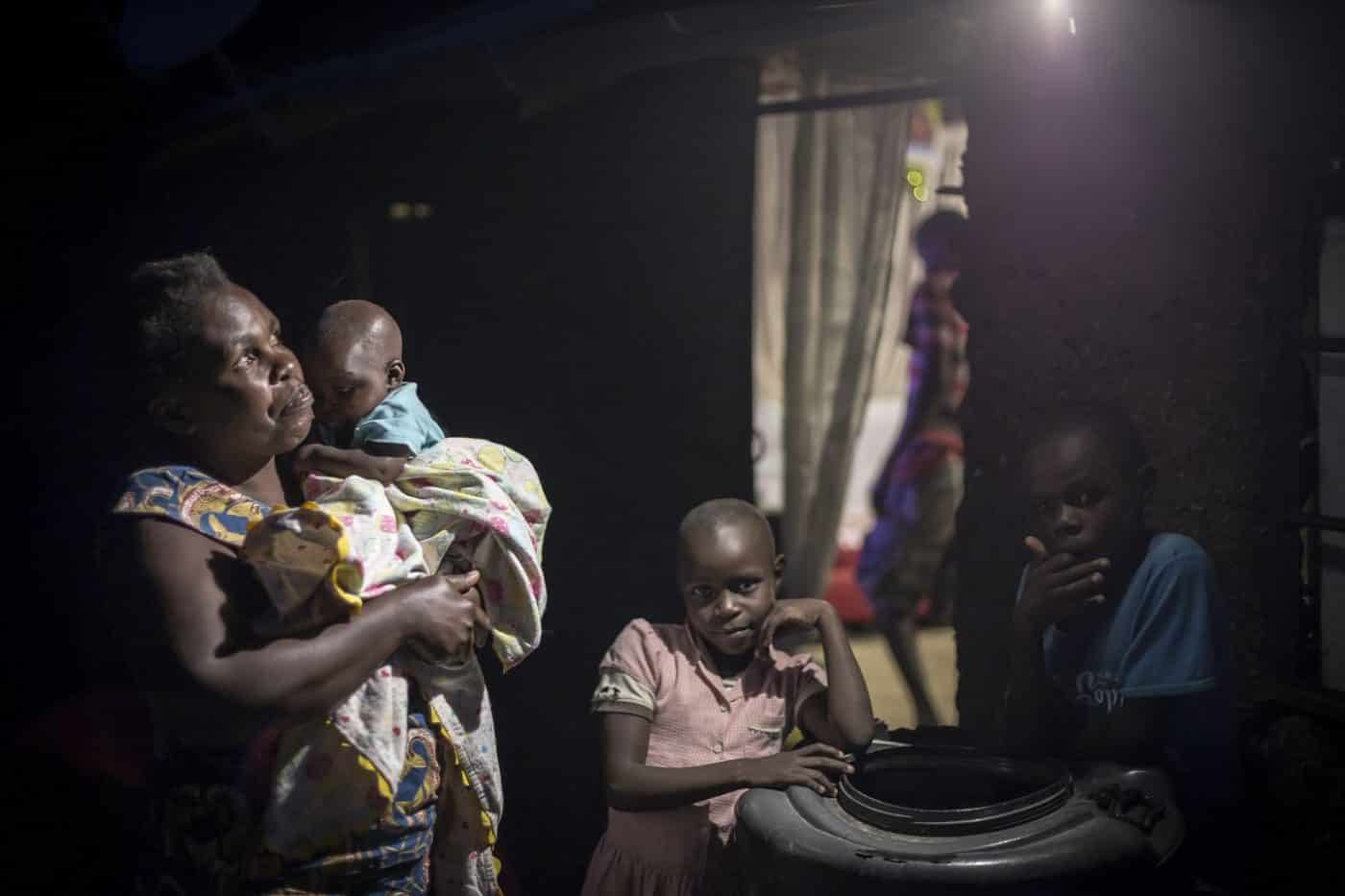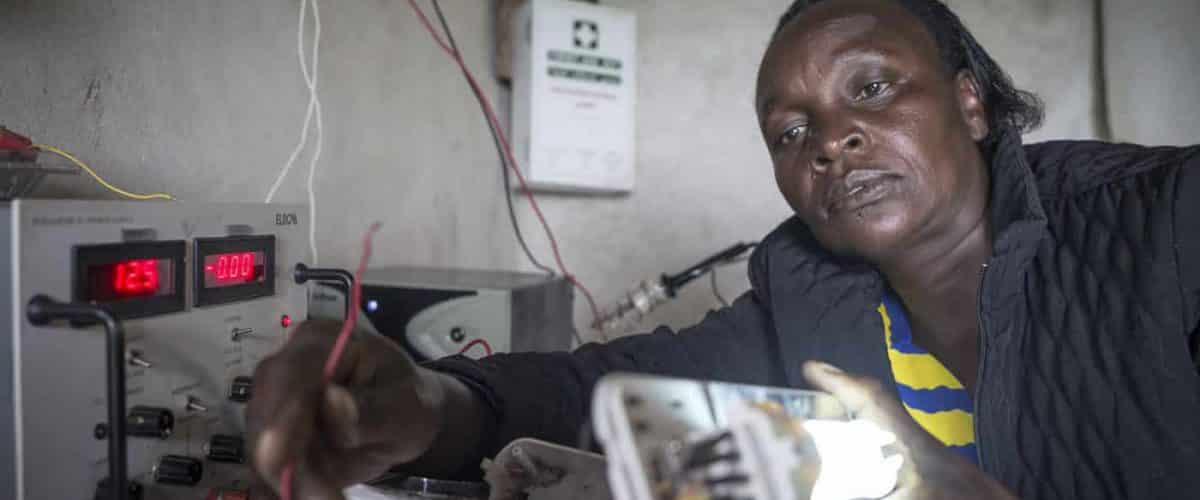NEW YORK, July 9, 2018 – ENERGIA presented the preliminary findings of the Gender and Energy Research Programme at the High-Level Political Forum.
The High-Level Political Forum (HLPF), which will run for two weeks until July, 18 at the UN Headquarters in New York, brings together policy makers, government leaders and stakeholders under the theme “Transformation towards sustainable and resilient societies” to discuss further the review of Sustainable Development Goals 6, 7, 11, 12, 15 and 17. The HLPF is a unique event to take stock of the progress towards the achievement of SDG7 on sustainable energy access for all by 2030 and the actions to be undertaken to place the world on track on the energy goal. Sustainable energy for all should be a global priority, and its success is directly linked to SDG 5 on gender equality. At this point, it seems increasingly clear that energy access is also a gender issue and “ensure access to affordable, reliable, sustainable and modern energy for all” cannot be achieved by leaving half of the population -represented by women- behind.
In the context of the HLPF, the ENERGIA Gender and Energy Research Programme, funded by the UK Department for International Development (DFID), hosted a side event entitled “Gender in SDG7: Closing the knowledge gap”, presenting empirical evidence aiming to understand how to ensure gendered approaches are taken into account in the energy sector. The programme, which convenes seven consortia of universities, research institutes, NGO’s with research in 12 countries, addresses the two following main questions. Firstly, is a gendered approach critical to achieving SDG7 on sustainable and modern energy for all? Secondly, is energy access critical to achieving SDG5 on gender equality and improving the lives of women and girls?

Looking at these questions, the event addressed in detail the need of increasing the benefits of energy policy and investment for women, in terms of cooking fuels, access to electricity, empowerment and women’s entrepreneurship. By presenting concrete examples of each research area, the session explored how supporting women’s inclusion along the energy value chain can catalyze the achievement of both SDG7 and SDG5.
“This side event is very important, because with 12 years remaining to achieve SDG 7 targets by 2030, we are not performing well on the principle of leaving no one behind, especially cooking, where 3 billion people remain without clean cooking energy – and this is a gender issue. SDG targets are also not doing well for rural electricity access” said Elizabeth Cecelski, member of the Research Programme’s Technical Advisory Group and moderator of the session, during the opening.
According to Prof. Joy Clancy, Principal Investigator at ENERGIA, in order to achieve universal energy access by 2030 and maximize its positive impact on other SDGs, we must identify gender specific barriers related to paid/unpaid work, access to resources, mobility and time use and target interventions to remove critical ones. These barriers can be overcome by applying a gender approach, which means considering both men and women’s needs, priorities and potential in the energy sector and different impacts and outcomes of energy policies and interventions on women and on men. Women still struggle from poorly designed and untargeted subsidies, particularly low-income women, who pay the biggest price. Likewise, the research projects showed a huge gap when it comes to financial access, affordability, mobility, women’s inclusion and leadership in the energy sector. However, everyone agreed there are tremendous opportunities for women in the energy sector if gender-sensitive solutions are incorporated in the energy sector and women are supported to move up the value chain. As said by Jiska de Groot from the University of Cape Town “Local authorities are key in influencing regulations that impact on energy use and women’s empowerment”.

Overall, it is clear there is a lot of work still to be done. However, with the aim of informing through empirical evidence decision-makers on the relationships between women and energy, the Research Programme provided policy messages and practical actions to meet 2030 goals for ensuring sustainable energy for all. Most of all, it confirmed once again the strong interlinkages between energy and gender. “Many policies have been made without data. We need more information to make the best policy decisions, evaluate the progress of SDG projects and determine what is more effective. Researches play a critical role in increasing awareness and interest in their studies” confirmed Mr. Paul Mbuthi, from the Ministry of Energy and Petroleum of the Government of Kenya, during his closing remarks. “As policy makers, we have to be consistent and constant with gender-sensitive actions in the energy sector. And we need continual improvements and tailored interventions to increase the participation of women in economic activities“.
Read a short summary of each presentation by IISD Reporting Service here. The morning after the event there was a breakfast meeting where audience could talk more in depth with each research project.







